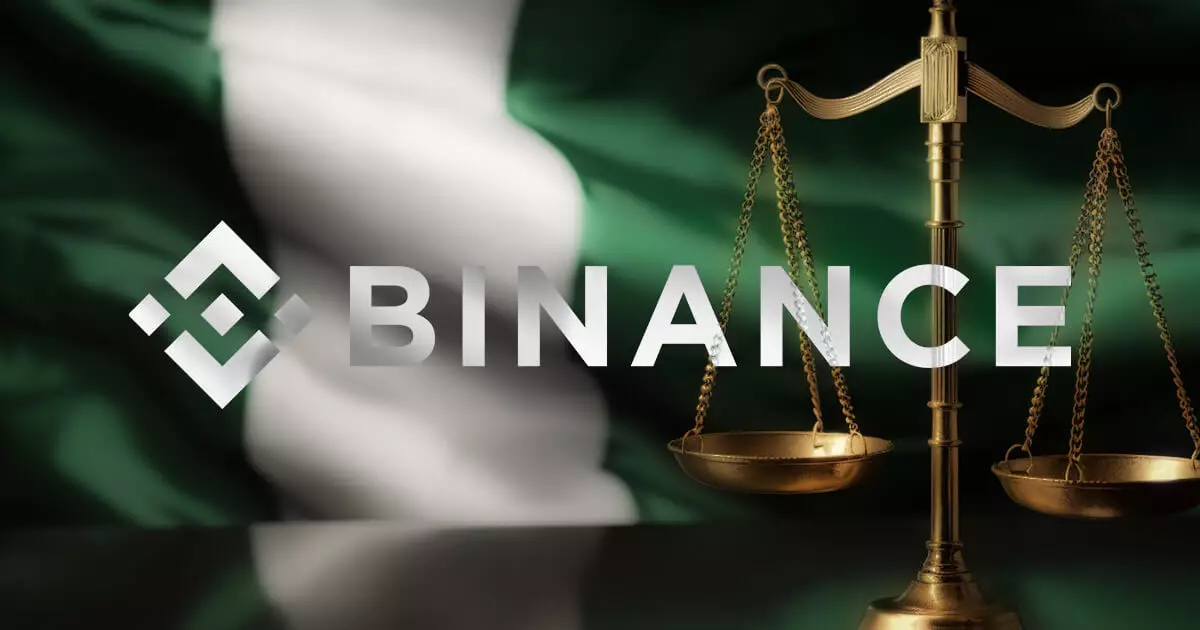The Federal Inland Revenue Service (FIRS) of Nigeria has initiated a monumental legal confrontation with Binance Holdings Limited, alleging a staggering $81 billion in unpaid taxes and associated penalties. This claim, reported by Nairametrics on November 19, 2023, is a revealing glimpse into the strained relationship between local regulators and one of the world’s largest cryptocurrency exchanges. The FIRS’s demands include not only a breathtaking $79.5 billion attributed to alleged economic damages but also approximately N231 million (about $153,223) linked directly to Binance’s operational activities in the country.
The FIRS’s bombshell request includes almost $2 billion in income taxes purportedly owed for the fiscal years of 2022 and 2023. The enormity of this tax claim dwarfs the $4.3 billion penalty Binance faced from U.S. regulators in the previous year, positioning this action as the most severe financial penalty sought against a cryptocurrency entity by any national government to date. The crux of the FIRS’s argument rests on claims that Binance has inadequately reported its business operations in Nigeria while simultaneously profiting from a substantial user base within the country.
In particular, the FIRS contends that Binance violated the Companies Income Tax (CIT) Act and the Significant Economic Presence (SEP) Order, which mandates foreign companies earning a minimum of N25 million (about $30,000) annually from Nigerian clients to declare their income. In its findings, the FIRS asserts that Binance recorded a net revenue of $35.4 million stemming from a trade volume exceeding $21.6 billion in 2023.
The FIRS is not only pursuing back taxes but is also applying a 10% penalty for alleged tax evasion, compounded by a daily interest charge of 26.75% from the beginning of 2023 until the close of the year. The agency has accused Binance of operating unauthorized financial services and failing to adhere to anti-money laundering regulations. Such claims, if proven, could signify considerable financial repercussions, effectively underscoring the economic harm purportedly inflicted on Nigeria’s financial landscape.
This lawsuit is emblematic of a sweeping crackdown on cryptocurrency operations within Nigeria, a nation grappling with its own internal economic challenges. The legal action follows the withdrawal of prior charges against Binance executive Tigran Gambaryan, who recently alleged that Nigerian officials are leveraging Binance as a scapegoat to draw attention away from pressing domestic issues. The Nigerian government, however, has firmly dismissed these allegations as unfounded.
The unfolding scenario places Binance in a precarious position, caught between regulatory scrutiny and public image management. Should FIRS’s demands be upheld, it may set a fierce precedent for how cryptocurrency exchanges interact with international taxing authorities moving forward. Moreover, this case could catalyze similar actions in other jurisdictions, potentially reshaping how global crypto markets operate in compliance with local regulations.
As legal proceedings unfold, the implications for both Binance and the global crypto ecosystem remain profound, underscoring the increasing importance of transparency and regulatory alignment in a rapidly evolving financial landscape.















Leave a Reply